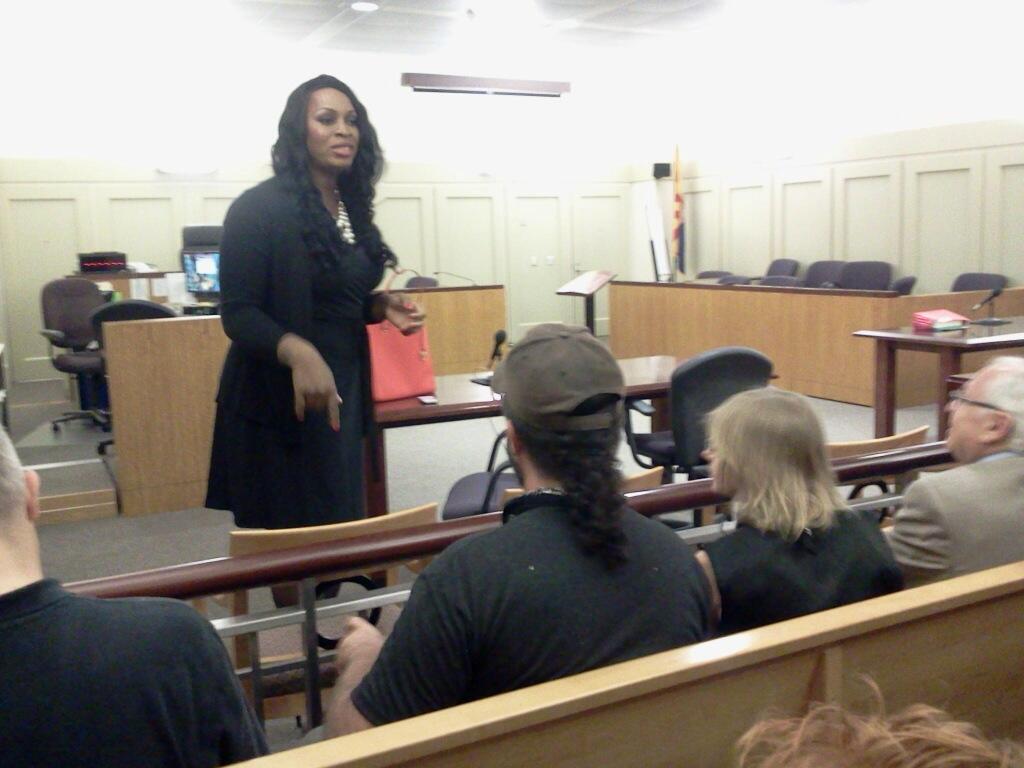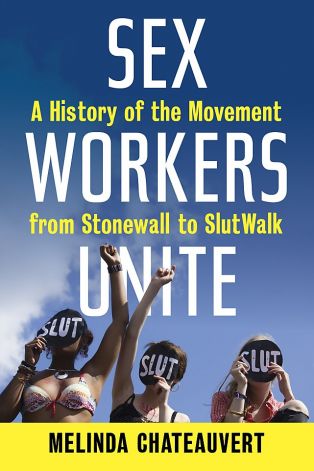Sex workers’ rights activist and social work student Monica Jones was due to defend herself in court today after cops set her up on charges of “manifesting prostitution” when they targeted her for attending a SWOP-Phoenix protest against oppressive Arizona State University social work school diversion program Project ROSE. However, the trial was postponed until April… Continue reading The Week In Links—March 14
Dear Tits And Sass: What About The Résumé Gap?
Dear Tits and Sass, I’ve been a sex worker since 2010 and until recently, haven’t done much else. I graduated with honors from a very good college back in 2006, but the working world has kicked my ass. I could cite some mental health and substance issues, but that would be a copout. I think… Continue reading Dear Tits And Sass: What About The Résumé Gap?
Sex Workers Unite: A History of the Movement from Stonewall to Slutwalk (2014)
Any book that aspires to be the first history of the sex workers’ rights movement in the United States will inevitably face accusations of exclusion. But despite some unavoidable failures in representation, Mindy Chateauvert’s Sex Workers Unite: A History of the Movement from Stonewall to Slutwalk, is a pretty damn good history of our movement.… Continue reading Sex Workers Unite: A History of the Movement from Stonewall to Slutwalk (2014)
The Week In Links—March 8
The prostitution crackdown in the Guangdong Province of China will continue; 363 suspects have already been detained. Strange news out of San Francisco last week as the faith-based sex workers’ outreach Solace SF was closed under allegations of fraud against founder Laura Lasky. Canadian sex worker Celine Bisette acknowledges that Canada has done a terrific job… Continue reading The Week In Links—March 8
Activist Spotlight Interview: Melissa Gira Grant on Playing The Whore and Policing The Policers, Part Two
Part one of this interview is here. You encapsulate the tired terms of the sex worker debate, in which the token sex worker is asked reductifying questions ad nauseaum: Is sex work exploitative or empowering? Is it violence against women? How can we help women (always women, and always cis women, never sex working men… Continue reading Activist Spotlight Interview: Melissa Gira Grant on Playing The Whore and Policing The Policers, Part Two




